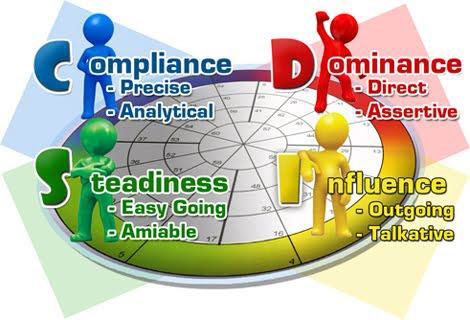Interpersonal relationship building is a skill no different from learning to ski, play tennis, speak in public, or cook. Strategic Practice Solutions has discovered that with proper training, team members become more effective at delivering the type of customer service that will truly have a positive impact on the practices’ bottom line.
Health care professionals need to have the ability to build relationships with different personality styles in order to gain trust, which ultimately leads to treatment acceptance. However most providers feel they are already communicating very effectively. For example, a treatment coordinator progressed to tell me what a great job she did in speaking with a patient. She felt she explained the treatment and why it was necessary. When I asked her “how did the patient pay?” and “when is he coming in for the treatment?” she replied that he did not schedule and wanted to think about it.
The key point in this example is the “feelings” of each party. The treatment coordinator felt she did a great job from her perspective. She communicated in a manner she would like to be addressed if she were the patient. However, did the patient feel the same way? They did not move forward with treatment and provided, what we call in sales, a stall. Would they have moved forward if the treatment was presented in a manner that the patient preferred – rather than how the treatment coordinator preferred?

I know this concept can be hard to grasp in the beginning, as most people feel we all want to be spoken to in the same manner. But, do we? Let’s go a little deeper. Just think of your significant other or someone that plays a major role in your life. Do they talk very fast or slow and methodical? Do they need to give you all the details or just a quick summary of an event? Do they feel you are insensitive if you don’t listen to them or do they become annoyed if your too emotional? Now think of your patients. Are they all the same? Do some require you to speak in great detail about a procedure, or do they just want the big picture? Do some ask a ton of questions or do they barely ask any questions? Do some need to know where you went to school and proof of your skills, or do they just need to connect with you? Can you begin to see how people in general want information delivered based on their personality style.
Rapport is developed when a provider is able to communicate in the patient’s communication style or in other words, mirror the patient. It is rapport that leads to trust, and trust is what increases case acceptance and patient retention. Never underestimate the power of trust. It is one of the main reasons why patients remain patients. In turn, a lack of trust is the main reason patients leave a practice.
By increasing the manner in which you and your team communicate with patients, the following areas will show improvement:
- The number of inquiry calls that schedule & keep their new patient appointment.
- The number of proposed treatment that “closes” or gets accepted.
- The amount of internal referrals.
Should their be an interest in learning more about DiSC training to increase the results of your communication, please contact us to find out more information on our training venues.
Ability to Close on Treatment
A dental practice needs to differentiate itself from the dentist around the corner. It needs to provide some level of service that will be hard to replicate by their competition. They strive to become the patient’s trusted advisor and possess the skills to uncover the patient’s true needs. Ultimately this will assist the provider in locating the best solution to meet those needs, and close on treatment.
 Strategic Practice Solutions, LLC
Strategic Practice Solutions, LLC